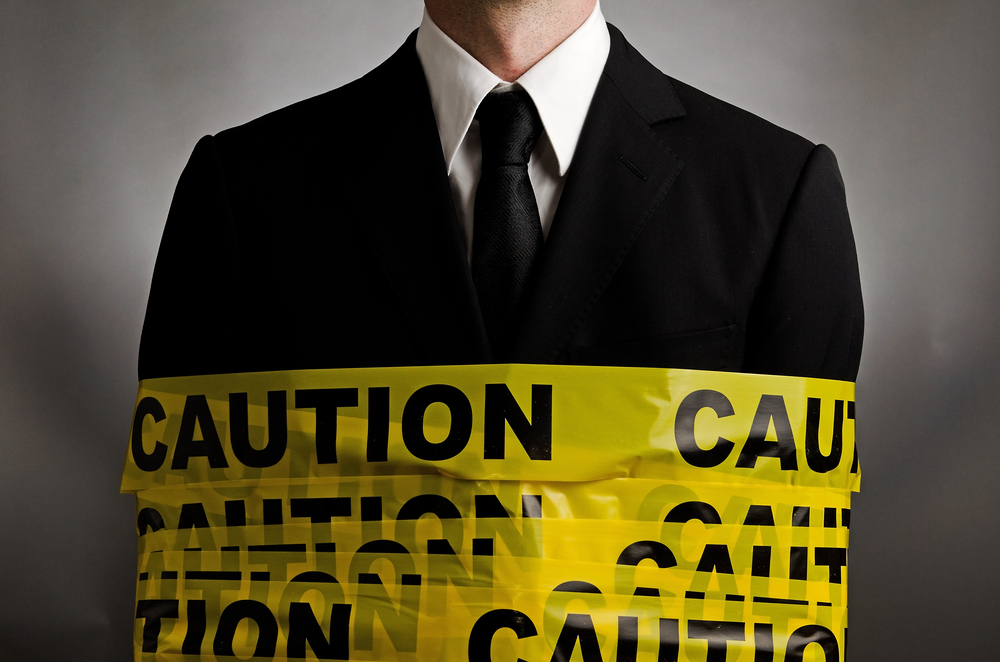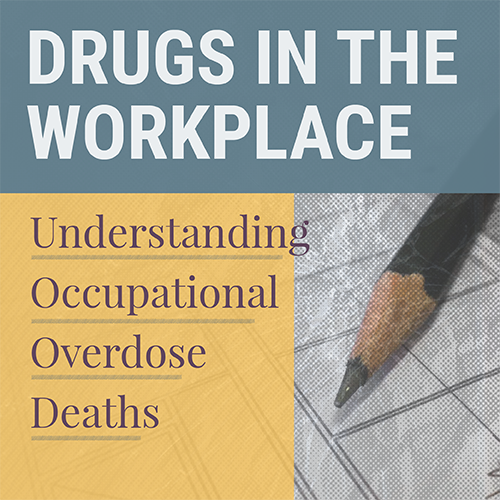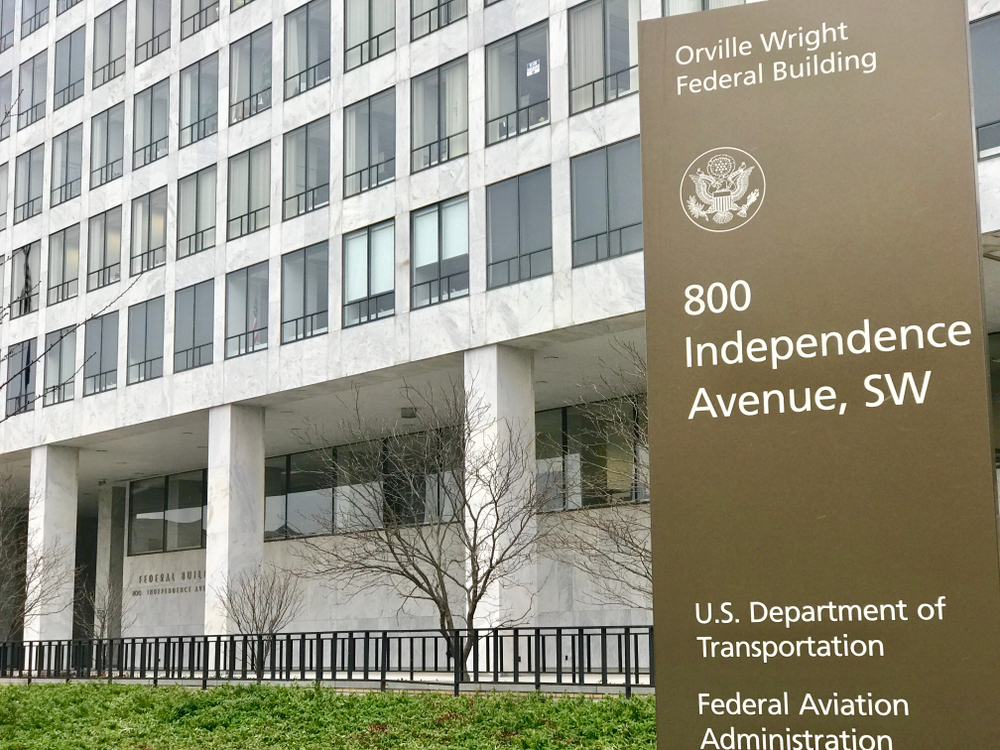US Drug Test Centers Blog
The Side Effects of Ecstasy | US Drug Test Centers
Statistics say that in 2021, approximately 2.2 million people in the country had used ecstasy over the last year. This illegal drug might seem alluring because of the feelings it prompts. However, the risks and side effects of MDMA are not to be dismissed. In fact, the use of this drug can end in death. In this article, we'll discuss what ecstasy is, how users consume it, the side effects, getting drug tested for MDMA, how it affects the human brain, and more. Keep reading.
What is Ecstasy?
3,4-methylenedioxy-methamphetamine: It's the very long name for MDMA, also commonly called ecstasy and molly. This synthetic drug acts on your mood and perception — in other words, your awareness of the things happening around you. In terms of its chemical structure, MDMA is similar to stimulants and hallucinogens. In the human brain, it increases the activity of dopamine, norepinephrine, and serotonin, which helps explain its impact on mood. More on that in a moment.
Initially, MDMA was most common in the nightclub scene and at raves. For this reason, combining MDMA with alcohol (which is even more dangerous) is quite common. However, MDMA is now more widespread and abused by people outside of these environments.

How Do People Use MDMA?
Although it commonly comes in tablet form, the Drug Enforcement Administration (DEA) says that MDMA can also be consumed in capsule, liquid, or powder form. Pills often contain somewhere between 80mg and 125mg of MDMA.
However, the dosage can vary wildly. MDMA pills might have no pure MDMA in them, or they could contain 180mg. Additionally, they might be cut with another drug.
So, you don't truly know what you're getting in a single pill.
Immediate Side Effects of Ecstasy Abuse
As we said a moment ago, this drug affects the dopamine, norepinephrine, and serotonin in your brain. Here's why that matters. Dopamine gives you increased energy and triggers the reward system in your brain to reinforce that behavior (of taking the drug). Norepinephrine leads to increased heart rate and blood pressure. (Remember, a rise in blood pressure can lead to all sorts of dangers, including an increase in your chances of heart attack and stroke, heart disease, and kidney damage.) And serotonin impacts your mood, sleep, appetite, trust, and sexual arousal.
This is why the side effects of ecstasy include feelings of increased energy, heightened pleasure, a sense of emotional warmth, and distorted time and sensory perception. Other examples of drugs with stimulant effects include bath salts and amphetamines. (Learn more about bath salts.)
While this might sound enjoyable and even harmless, there's a very scary and dangerous side to the synthetic drug. Abuse by MDMA users can also lead to nausea, dry mouth, dilated pupils, chills, sweating, teeth clenching that you can't control, blurred vision, and muscle cramping.
And because users often take more of the drug when they feel it wearing off, the side effects of drug use of MDMA can last into the next week. These effects include sleep disturbances, anxiety, depression, forgetfulness, difficulty paying attention, decreased appetite, irritability, aggression, and impulsiveness.
Taking MDMA can also prompt an increase in body temperature. At higher doses, it can even lead to hyperthermia — when the body gets too warm. The rise in body temperature can be a severe and dangerous complication of drug abuse. Ecstasy users can also experience acute kidney failure, along with hypotension, rhabdomyolysis (which can be deadly and manifests as muscle tension, breakdown, and weakness), and intracranial bleeding.

Are There Drug Tests for Ecstasy?
Yes, there is a drug test for ecstasy. In fact, US Drug Test Centers offers panels that screen for multiple common club drugs, including ecstasy, methamphetamine, GHB, ketamine, and Rohypnol.
Is MDMA Addictive?
While more research is needed, what science has seen so far certainly points to addiction being among the other negative consequences of taking ecstasy. Ecstasy addiction is possible because MDMA acts on many of the same neurotransmitters in the brain that other drugs that are addictive do. Studies with animals even found that they will self-administer ecstasy if given the opportunity, suggesting that it's addictive.
Furthermore, MDMA research with both humans and animals has found that repeated use of MDMA can create adaptations in the systems controlling serotonin and dopamine in the brain that are connected to substance use disorder. This also means that similar to other drugs, as an individual stops their MDMA use, they will likely experience some degree of withdrawal symptoms.
Under the Controlled Substances Act, ecstasy is a Schedule I drug. This means that MDMA has a high potential for abuse.
Can You Overdose on MDMA?
Yes, like other drugs, MDMA overdose is real. Both small and high doses, and both short- and long-term ecstasy use, can lead to very severe health complications and even death. There is no "safe" amount of ecstasy that one can take.
What is Withdrawal from Ecstasy Like?
Like trying to quit using other drugs, withdrawal symptoms can occur after taking MDMA. These symptoms include fatigue, trouble concentrating, sleep problems, anxiety, depression, exhaustion, and irritability. Withdrawing from MDMA should always be done under the guidance of a trained and licensed health professional.

Ecstasy and Brain Damage
As you now know, ecstasy use is far more than something you have fun with at a party or in a club. In fact, some studies suggest that this stimulant drug can have long-term effects after even just a few uses. In a study with monkeys, researchers found that just a few doses of MDMA led to extensive brain damage. MDMA use could even increase your risk of Parkinsonism — which is similar to Parkinson's disease — later on in life.
Additionally, the effects of MDMA include cerebral edema — or brain swelling — which increases the pressure inside the skull.
How Can People Get Treatment for Addiction to MDMA?
While treatment for MDMA can vary from individual to individual, many users benefit from cognitive behavioral therapy (CBT). This type of treatment addresses their thinking and behaviors to help them find healthier, safer ways to cope with the stressors of life that don't involve drugs or alcohol.
Support groups can also have a positive impact on treatment for MDMA use.
The short and long-term effects of MDMA abuse and ecstasy addiction are concerning, to say the least. The effects of MDMA can be life-threatening, even after just a few uses of ecstasy. While the way it acts on your brain chemicals and the elevated mood might seem appealing, ecstasy can also cause mental health problems (like anxiety and depression), heart failure, and other physical complications. MDMA should be avoided at all costs, even as a one-time experience.
Beating MDMA Abuse and Addiction
Substance abuse is terrifying, but help is out there.
If you suspect that someone you care about is using MDMA, contact US Drug Test Centers today to learn how we can help. Learn more about our types of drug testing — including hair and urine testing for drugs and alcohol — and reach out to us with any questions or concerns.
While MDMA is scary, recovery is possible!
























